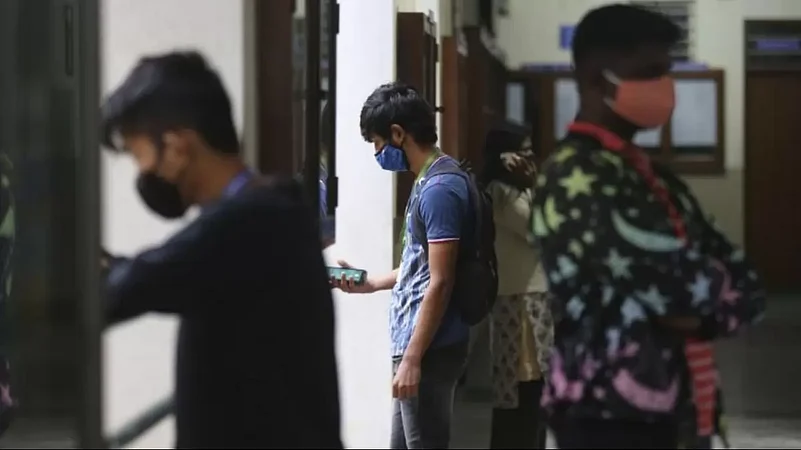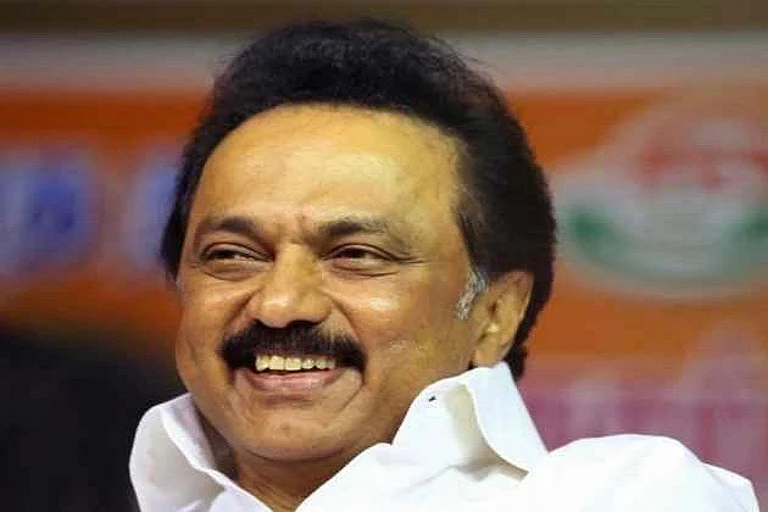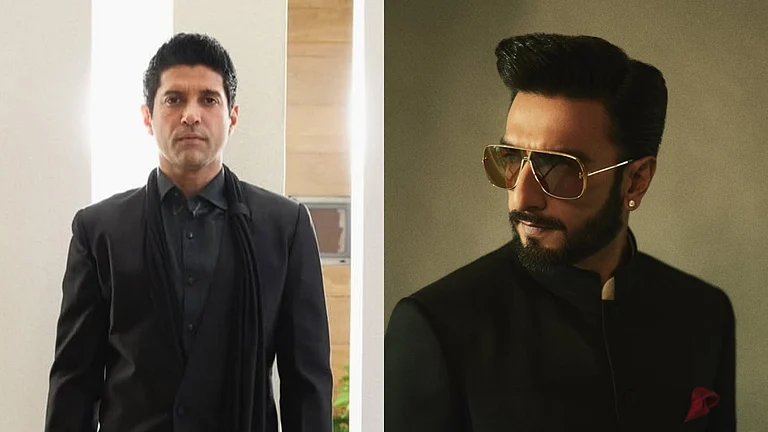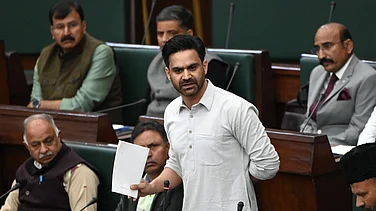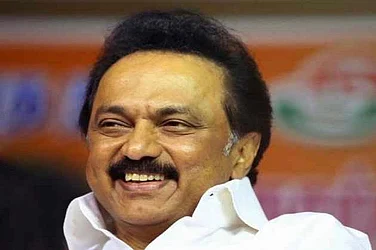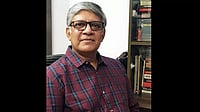The reappointment of Suella Braverman as UK Home Secretary has already ruffled the Indian diaspora. Braveman is perceived as an anti-immigrant hardliner after making comments on having reservations that Britain’s trade deal with India could boost immigration to the UK. While the Boris Johnson government had promised to comply with India’s demands to increase work and study visas for Indian nationals, Braveman expressed displeasure that Indian migrants are the “largest group of people” who overstay and who are student visa dependents in the UK.
On the other hand, the British High Commission states that UK had issued 1,17,965 sponsored study visas to Indian students in one year till June 2022; 215 per cent higher to 2019 when 37,396 sponsored study visas were issued. Besides the UK situation, a recent report by RedSeer Strategy Consultants predicted that close to 1.8 million Indians will spend USD 85 billion on pursuing a degree abroad by 2024. At present, 13,24,954 international students are studying in 79 countries, according to a Ministry of External Affairs 2022 report.
The situation of India’s brain drain is not new. The reasons cited by the Indian diaspora are the hope for higher returns on investment, superior standards of living, and better career prospects.
But the Indian diaspora that Outlook spoke to stated reasons that were seemingly simple, yet highly personal. Like the case of 30-something *Priyal Singh (name changed to maintain anonymity), who relocated to Amsterdam in 2017 to study sports medicine, and has no plans to return to India. “Growing up, I could not relate to the people (in general as well as in my social circles), whether emotionally or intellectually. Nor did I relate to the social norms, culture, and content in Indian arts/media and entertainment,” says Priyal. After struggling to find a suitable job profile post her graduation, Priyal set her sights on Europe as “I was already familiar with some aspects of its music, culture and languages.”
At present, 1/3rd of her friends, like her, are working abroad, and Priyal personally think her move “was the best decision of my life, most importantly because I chose a place that suited for me socially and professionally, and the quality of life that just did it for me.”
While the Indian embassy in The Netherlands routinely organises cultural programs and fosters networking in the community, what has also helped is the presence of a strong diasporic community on social media. “There are Facebook groups formed by the Indian diaspora that step in to help with accommodation, travel under Covid restrictions, product recommendations, alerts about second-hand sales, etc.”
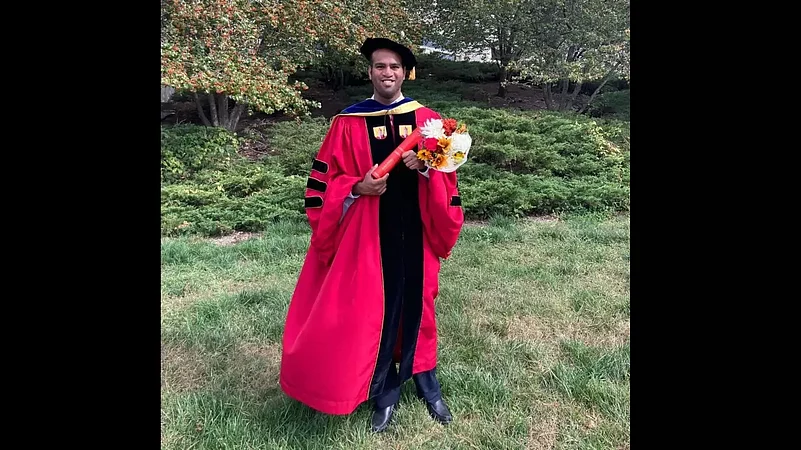
Unlike Priyal, Irvin Pinto, 31, had no intention for making America his home when relocated to Iowa from Goa in 2014 to pursue a Master’s degree. Irvin only made the move as he felt an undergraduate degree from Goa College of Engineering would not suffice in the long run. But in the first year itself of relocating, Irvin realised he didn’t want to return to India despite having to face many adjustment issues, including loneliness. A higher standard of living and progressive work culture were two main reasons. “The US places a huge emphasis on mental health, while many places in India still view seeking therapy as taboo. Also, if I see corruption or policies violated in my workplace, I can question my employer without being afraid of retaliation, which is not the case in India.” Despite the massive green card backlog proving to be a dampener, Irvin has noticed that full-time hires of the international workforce have gone up as many companies have become acquainted with the work visa issuing/renewal/extension processes.
Plus, the older generation in India still influences the decision-making, which is proving detrimental for progress, feels Irvin. Like the caste and religious fault lines. “Those divisions are surprisingly even brought to the US. For example, people from Andhra Pradesh will form a clique, and members of other communities that are few in number, like Goans, feel left out. That mentality, ego, must be put aside,” says the pavement engineer with Mott MacDonald. On a personal level, Irvin has forged deep bonds with the locals, even if not much of the Indian diaspora.
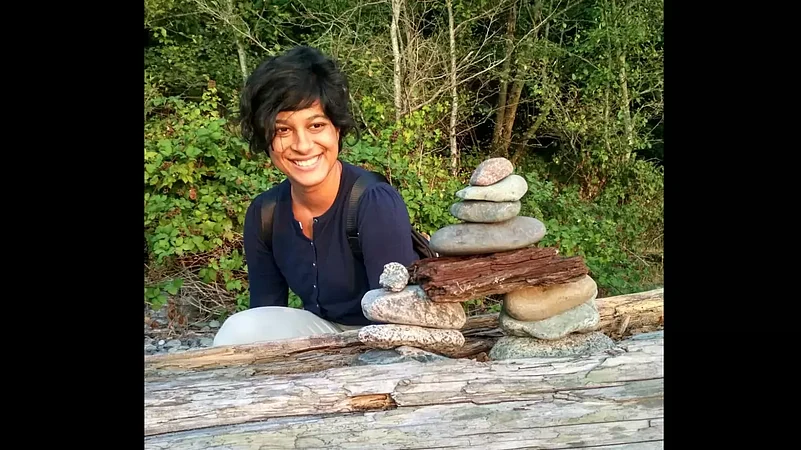
Irvin’s sister Gail also lives in the US, but there’s a marked difference in both their experiences. Gail had turned down a commonwealth scholarship because the duration of the Master’s degree in the UK was just nine months long, which would not be recognised in India lest she returned. Instead, she moved to Vancouver in 2018 on a “light” two-year scholarship for a Masters in English, and now is married and settled in Bellingham, Washington State, US.
The initial months were a culture shock, and she felt “diffident” in moving from a small tight-knit community that Goa has to having diverse nationalities as classmates who produced cutting research. But in time, she became grateful for the exposure. Plus, her liaison with the Indian diaspora has been comparatively more positive than her brother’s. Her parents knew families living in Canada, plus there is the Goan Association in Vancouver that reached out and helped her settle in. “They’d invite me for lunch, Christmas dinners, holidays, give me tips and tricks on places that sell affordable things, etc.,” she recalls.
There were rare instances of racism as well. As a receptionist, she once had a caller who blatantly said that an American should have been hired instead of her. “I replied that ‘if you are going to choose race over merit then you are a bane for that country’. You can’t slink away and hide. These instances, however, make you pick up on your own xenophobia. Like my mother would say, don’t go in the sun you would turn black,” adds Gail. Still, compared to Goa’s community-driven culture and camaraderie, she finds the prevalent ‘individualistic’ attitude in the US unsettling. “Here, people don’t open up easily. They mask their feelings. There’s very little genuine connection, and hardly any shared culture or values. I miss Goa and my group of friends very much.” It is why she and her husband are considering either returning to India for good or dividing their time between the two continents.
Likewise, *Anjana Kapadia (name changed to maintain anonymity), now in her early 30s and on the last leg of an MSc in Digital Marketing & CRM in France, has not closed the chapter on India yet, as she misses her parents back in Mumbai. Kapadia had eight years of work experience after completing a postgraduate degree in media from St Xavier’s College, but in the pandemic especially, began to feel dissatisfied with her career from a social perspective as the only people she spoke to every day were work colleagues. She found the long work hours too demanding and in the way of her passion for travel. “I always felt drawn to Europe on my travels, and wanted to experience it as someone who lives there, not just like a traveler.”
She moved to Lille, France, in August 2021, because the colleges had good rankings, the courses were affordable, and the programme curriculum in tune with her needs. “Plus, France is a bit lenient with Indian students when it comes to their staying back, and looking for jobs.” Moving to the small ‘student town’ of Lille, she says, helped her to integrate into the French lifestyle smoothly. “My class of 35 had 19 nationalities.” The Indian diaspora in France is comparatively less, as her course had just five other Indian students, and she somehow could never forge a deep connection with them. “That’s how I realised your nationality is secondary, and it all depends on how similar you are at the core. Some of my closest friends are Lebanese, and Filipinos, though we are so different culturally.”
The course and even work-related conversation during her paid internship (part of her course) are in English, but elsewhere French is the spoken language, and when locals speak with rushed familiarity, she is unable to comprehend what is being and, in those moments, feels excluded. Moreover, she admits that in India she never felt ‘patriotic’ to cheer on during cricket matches or enthusiastic to celebrate traditional festivals. “But once I moved abroad, I feel a connection with India that I can’t describe. The way people are, their family life, is so different that I feel very Indian at this point.” Life here, like the US as Gail says, is individualistic. “You have two options, either you feel sad or you go out on your own. In cities like Paris, no one cares if you are eating alone.” The absence of loved ones is, at times, omnipresent, but work keeps her so busy, “there is no time to sob”.
Still, when the going gets tough, Kapadia has no regrets and hails her decision to move countries as “life-changing” and has no plans to move back to India as of now. “I feel most Indians measure success and happiness by material possessions. Then the pressure to get married from thankfully not my parents, but the people around. The world has gone far ahead, but most of us have very conventional ways of seeing and doing things. As women in India, we condition ourselves that as long as no one takes you in a corner and tries to do something bad to you, instances like getting brushed past on a busy local train are normal. That kind of conditioning is not right.”






